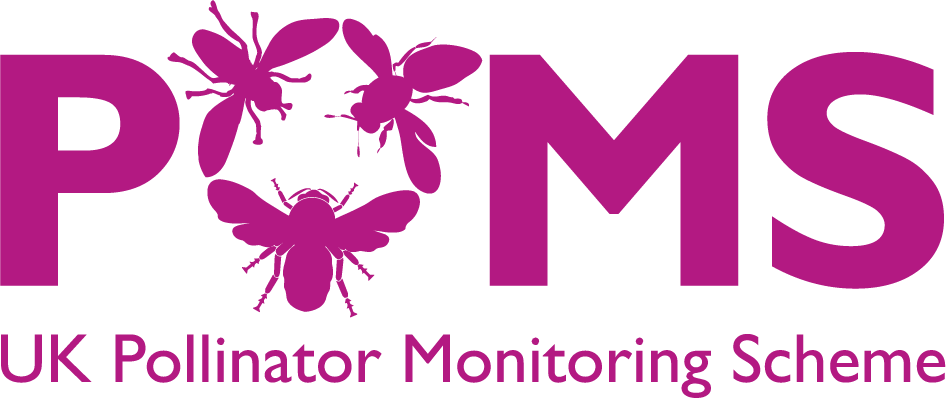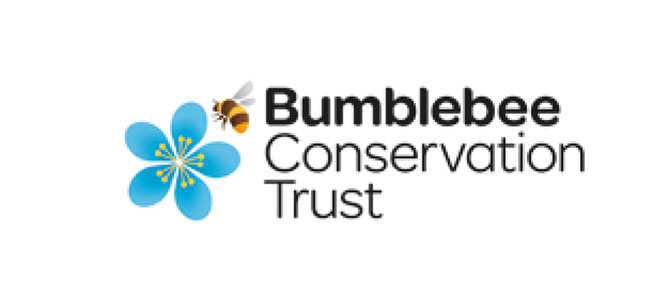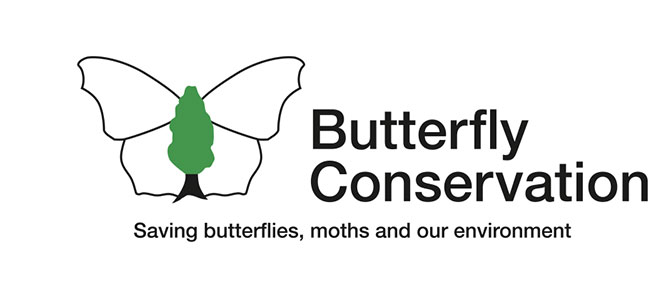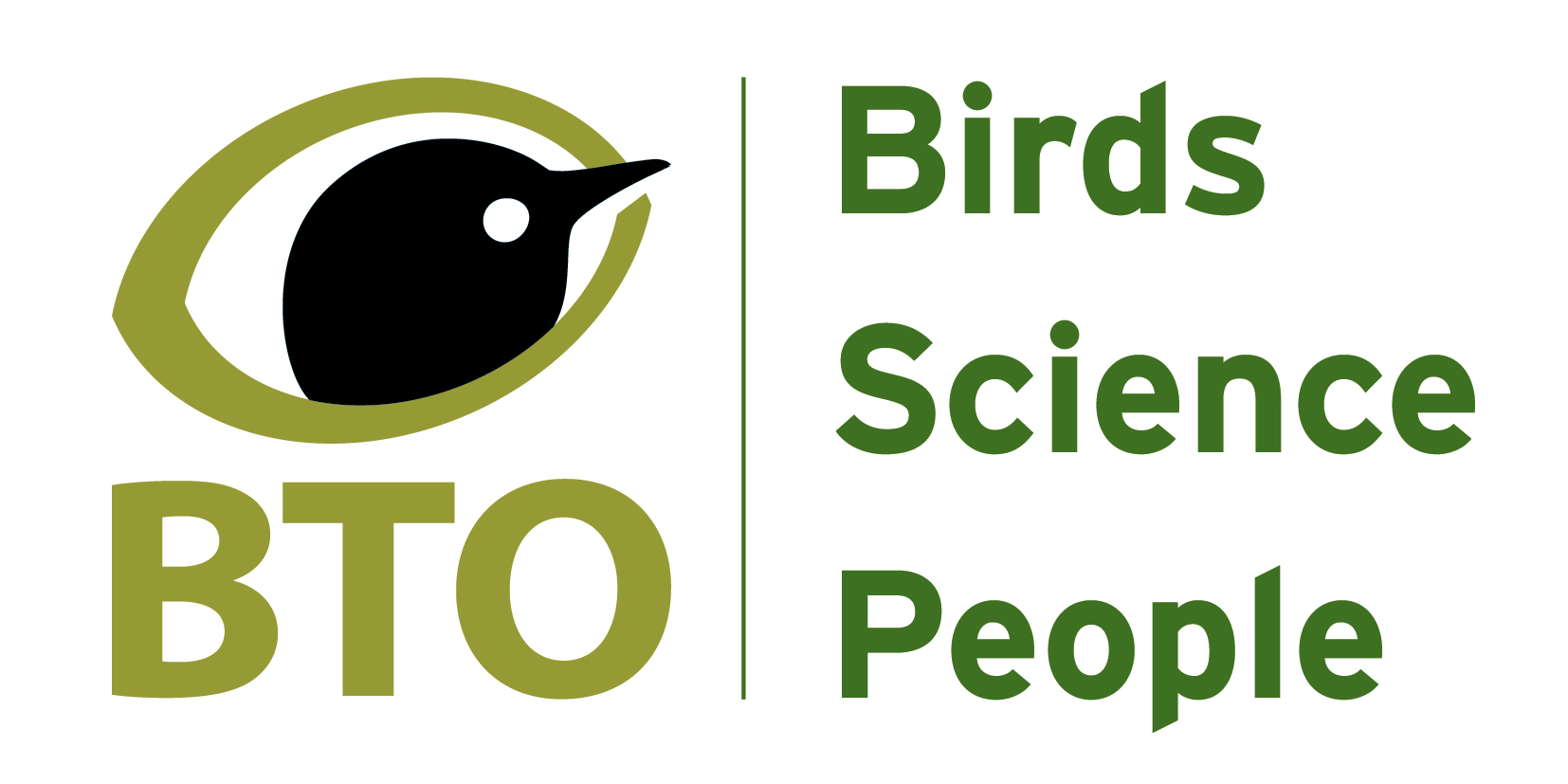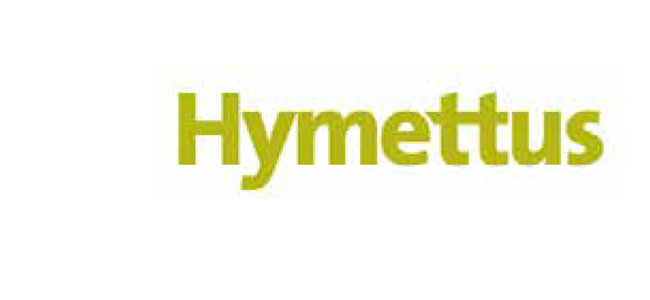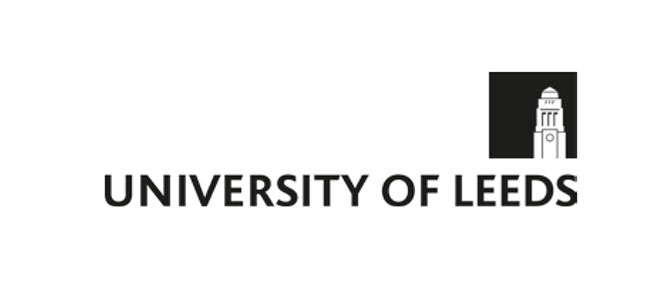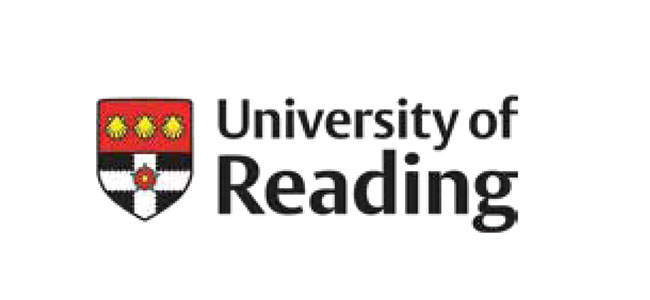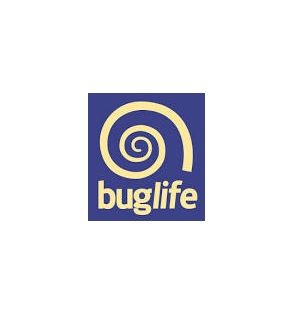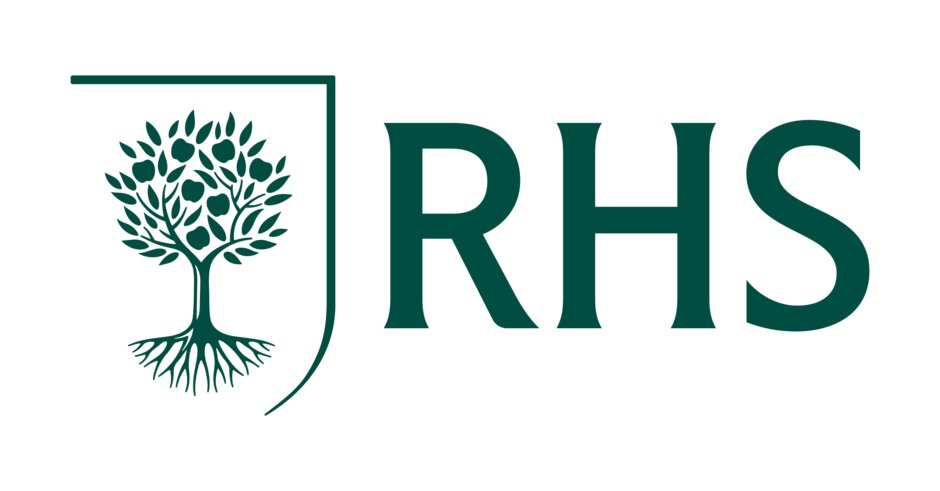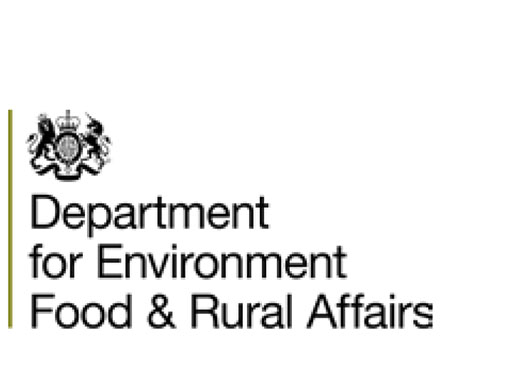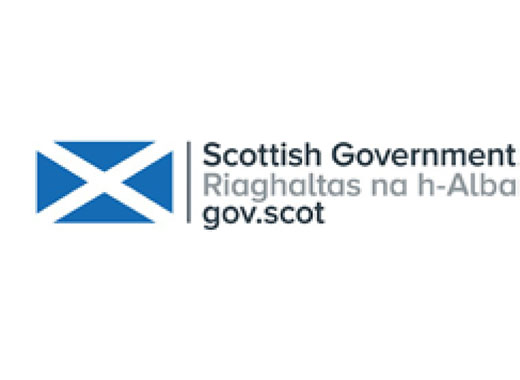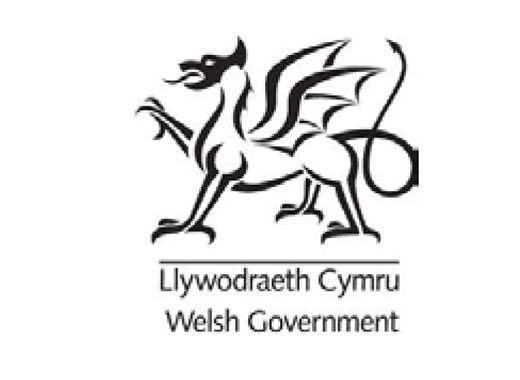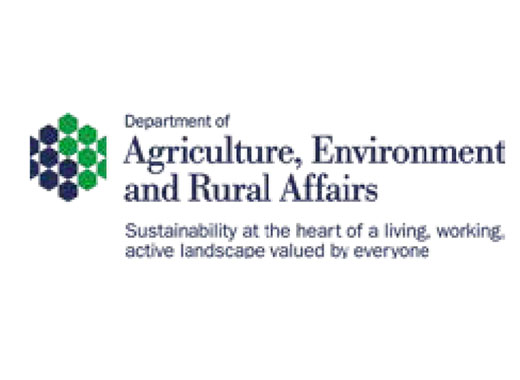The UKPoMS survey season in 2025 starts on 1 April and runs to 30 September – please read on to find out how to get involved!
Choose an activity
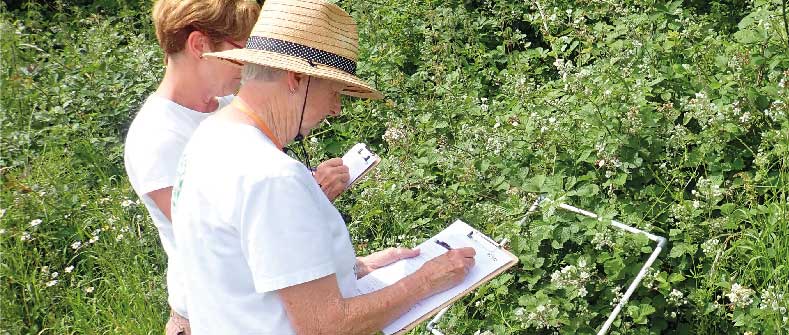
The ten minute count...
Spend ten minutes counting pollinators to contribute a Flower-Insect Timed Count (FIT Count)
Send in your results via the FIT Count recording form or FIT Count app
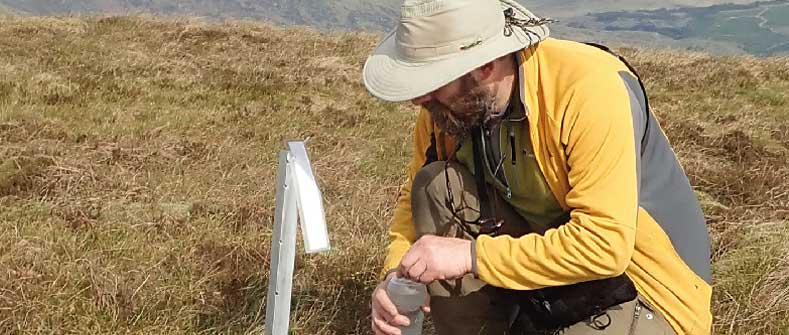
...or something bigger
Adopt a 1 km square and help us carry out a systematic survey of insects and flowers
You can also get involved with pollinator species recording via the national recording schemes

Help gather evidence on changes in insect populations
UKPoMS is the first scheme in the world to have begun (since 2017) generating systematic data on the abundance of bees, hoverflies and other flower-visiting insects at a national scale. Together with long-term occurrence records collated by the Bees, Wasps and Ants Recording Society and Hoverfly Recording Scheme, these data will form an invaluable resource from which to measure trends in pollinator populations and target conservation efforts.
With reports of dramatic losses of insects occurring across the globe, and concern about what this means for wider biodiversity and ecosystem health, there has never been a more important time to document evidence of change in populations of pollinating insects.
Who we are
The UK Pollinator Monitoring Scheme (UK PoMS) is a partnership funded jointly by the UK Centre for Ecology & Hydrology (UKCEH) and Joint Nature Conservation Committee (JNCC) (through funding from the Department for Environment, Food & Rural Affairs, Scottish Government, Welsh Government and Department of Agriculture, Environment and Rural Affairs for Northern Ireland). UK PoMS is co-ordinated by UKCEH. Project partners are Bumblebee Conservation Trust, Butterfly Conservation, British Trust for Ornithology, Buglife, Hymettus, Natural History Museum, Royal Horticultural Society, University of Reading and University of Leeds.
